In the secluded villages on the outskirts of Cairo, a silent battle against malnutrition unfolds, casting shadows over the dreams of countless pregnant and breastfeeding women. The dream of a healthy pregnancy and adequate nourishment for children often seems elusive — overshadowed by the harsh realities of poverty as well as lack of awareness and knowledge.
Yet, amidst the depths of adversity, these vulnerable women strive for brighter futures for their children with the help and transformative impact that community workers bring to their lives.
Community workers emerge as essential allies in the battle for women’s empowerment — stepping into these women’s lives with a wealth of knowledge, compassion, and support. Their role goes beyond being educators; they become companions, guiding these women through the complexities of pregnancy, nutrition, and early motherhood. In many instances, the community workers act as the bridge between the isolated villages and vital resources that can make a tangible difference in the lives of many families.
The transformative impact of community workers becomes a catalyst for change, not just in addressing immediate nutritional needs but in empowering Egyptian women with knowledge that has the potential to break the cycle of unawareness for generations to come.
Community workers instill a sense of agency in expecting and recent mothers by providing education, emotional support, and practical guidance, fostering a belief that they can navigate the challenges and secure a healthier future for their families. In doing so, Egypt’s workers become instrumental in reshaping narratives, from ones dominated by the despair of malnutrition to those illuminated by the promise of improved maternal and child health.
THE CHALLENGES OF MALNUTRITION ON IMPOVERISHED WOMEN AND CHILDREN IN EGYPT
In impoverished areas in Egypt, malnutrition emerges as an insurmountable challenge.
The formidable nature of malnutrition which impacts women and children in different forms including stunting for children, anemia, overweight and obesity for women and children exacerbates the dire conditions they confront. This menace not only grapples with the nutritional deficiencies of these women, but also jeopardizes the nourishment and development of their unborn children and newborns. The scarcity of diverse and nutrient-rich foods, intensified by economic hardships, thrusts vulnerable women into a heightened risk of inadequate prenatal and postnatal nutrition.
The repercussions of malnutrition during pregnancy extend far beyond the immediate challenges, leading to a myriad of health problems for the mother, including anemia, a compromised immune system, and an elevated risk of complications during childbirth.
In the most severe cases, it may contribute to maternal mortality.
Over the years, the United Nations World Food Programme (WFP) aligning with the sustainable development goals has taken significant steps in combating the global food and malnutrition crises. Their efforts extended to children as well as pregnant and breastfeeding women, particularly in food-insecure contexts such as the MENA region and in Egypt.
WFP is the lead UN agency in Egypt that works to provide food security to the most vulnerable populations in Egypt.
It is crucial to recognize that mere sustenance through food is insufficient to combat malnutrition; proper nutrition is the key.
The right nutrients at the right time have the transformative potential to save and alter lives, laying the foundation for resilient and prosperous communities and nations. This understanding underscores the imperative for concerted efforts to break the shackles of malnutrition, emphasizing the profound impact that timely and adequate nutrition can have on the well-being and future of impoverished women and their children.
THE TRANSFORMATIVE IMPACT OF COMMUNITY WORKERS
To help transform the lives of vulnerable pregnant women and mothers in the poorest areas, WFP, the National Nutrition Institute alongside the Ministry of Social Solidarity (MOSS) train community workers to provide counseling to mothers within their communities to increase their nutrition and health awareness during pregnancy, breastfeeding, complementary feeding and child care practices.
Under the ‘First 1,000 Days’ nutrition programme, first launched in 2018, WFP also provides cash top-ups to over 70,000 children under two and their mothers to help secure their nutritional needs.
The primary beneficiaries targeted are pregnant and breastfeeding women (PLW) and their children under two years of age within the national safety net of Takaful and Karama managed by MOSS.
Across 28 governorates, WFP conducted training for over 2,300 community workers over the past few years. The training topics include the use of digital monitoring tools as well as how to raise awareness and promote best practices on maternal, and child health, and nutrition.
The concept of ‘the first 1,000 days’ is known as the period from the child’s conception until he or she turns two years of age — and it is often considered the most critical period in a child’s development to ensure a healthy future.
“The first 1,000 days in a child’s life are fundamental to preventing malnutrition and ensuring a healthy future,” says Dr Alia Hafez, WFP’s Head of Nutrition. “We train the community workers, who work under the MOSS, on how to counsel the beneficiaries regarding varying issues, including how to watch for signs, monitor their health, and other important aspects of motherhood.”
WFP also provides monthly cash assistance to about 27,000 family members of community school children in the poorest villages in Luxor, Qena, Fayoum, and Beni Suef to help increase the food security of vulnerable families.
For the past four years, Heba Ragab has been working as a community worker with MOSS to help bring awareness and knowledge to women in Beni Suef.
“Lack of information and misconceptions are incredibly prevalent in rural areas where education and awareness are minimal, which is why we [community workers] work to shift the focus and mindsets these women — and families — grew accustomed to,” Ragab explains. Ragab teaches varying issues, including Female Genital Mutilation (FGM), early marriage, pregnancy, as well as economic development.
To teach these women, community workers undergo extensive training that sustains them with enough knowledge and information.
“When I first started, one of the most prevailing misconceptions I had to debunk was FGM. I received a lot of backlash simply because FGM is a centuries-old woven misconception in rural areas. However, in our various seminars, I made sure to bring medical professionals and religious clerics to support my points,” explains Ragab.
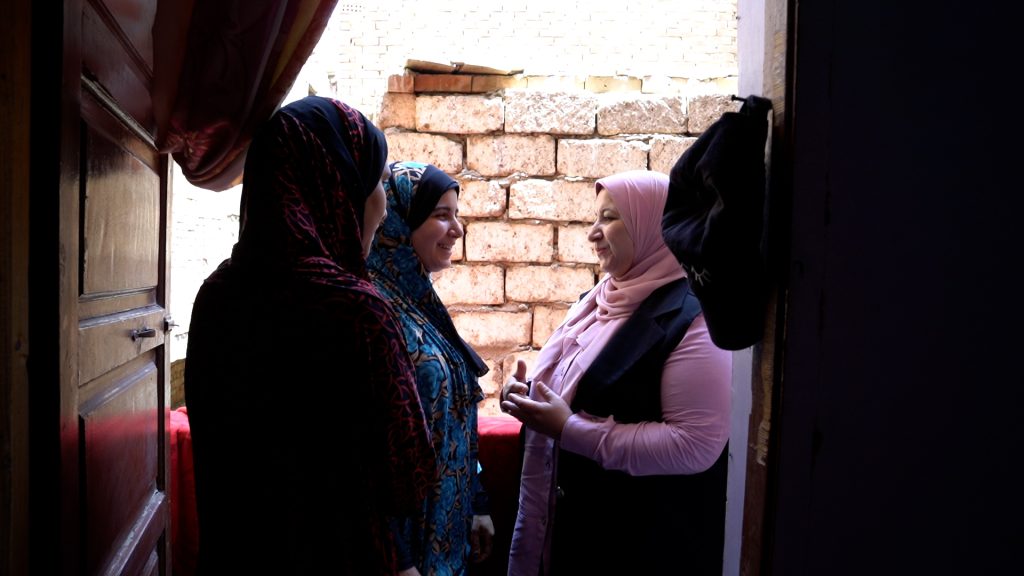
Community workers help transform minds, act as support systems, and ignite change through their roles.
In Fayoum, community workers have assisted pregnant women and mothers with varying issues; Nawal Gameel and Gehad Ali are among numerous women whom community workers and WFP have supported.
“Before, I used to not be able to get proper food for my children, so I would get them anything that would sustain them without realizing its actual consequences. However, ever since the help of WFP and MOSS, I learned how to divide my money correctly to get the proper nutrition for my children and me,” Nawal Gameel, a beneficiary based in Fayoum said.
Community workers not only provide educational awareness, but also mental and emotional support.
Zooba Ahmed, a Fayoum-based community worker, has profoundly influenced numerous women across the area. For the past 13 years, Zooba has worked closely with women to help raise awareness — changing lives, one woman at a time.
She hosts weekly workshops to help raise awareness among women on FGM, marriage, the importance of education, and many other critical issues.
“My community worker is my mentor; she helped guide me and raise awareness not only about nutrition, but she also walked with me through the long journey of learning how to take care of my children as well as myself,” Gehad Ali, a beneficiary of the first 1,000 Days Programme based in Fayoum, acknowledges.
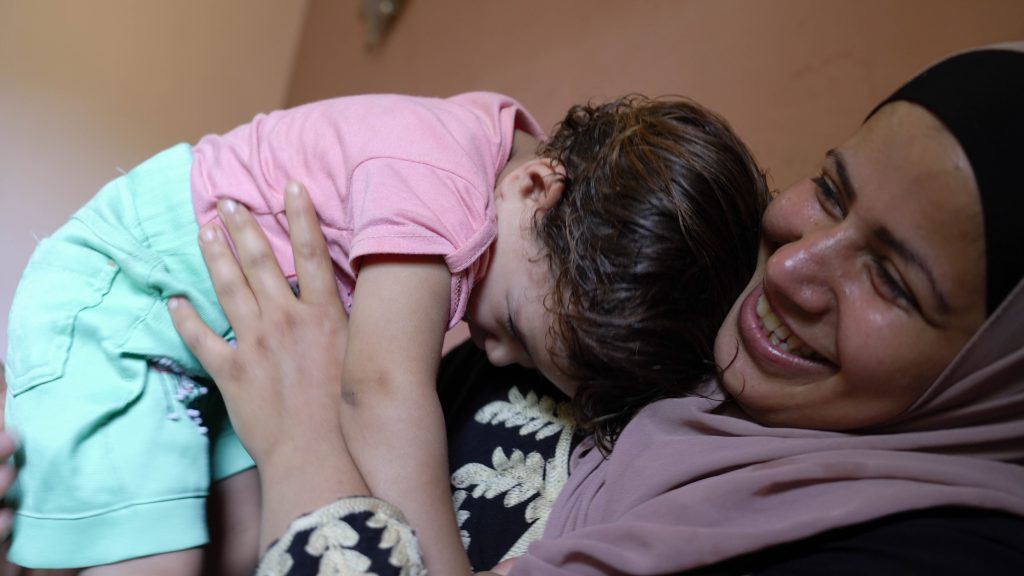
The journey from overcoming prevailing misconceptions to fostering healthier futures exemplifies the collective impact of these initiatives, demonstrating that true empowerment lies in comprehensive support that extends beyond immediate challenges.
In essence, community workers have — and continue to — transform the lives of vulnerable women across Egypt. Their work and effort not only pertain to raising awareness on nutrition and health but also extend to empowering them in varying issues. By addressing misconceptions, providing essential knowledge, and offering support beyond physical needs, these community workers become agents of empowerment.
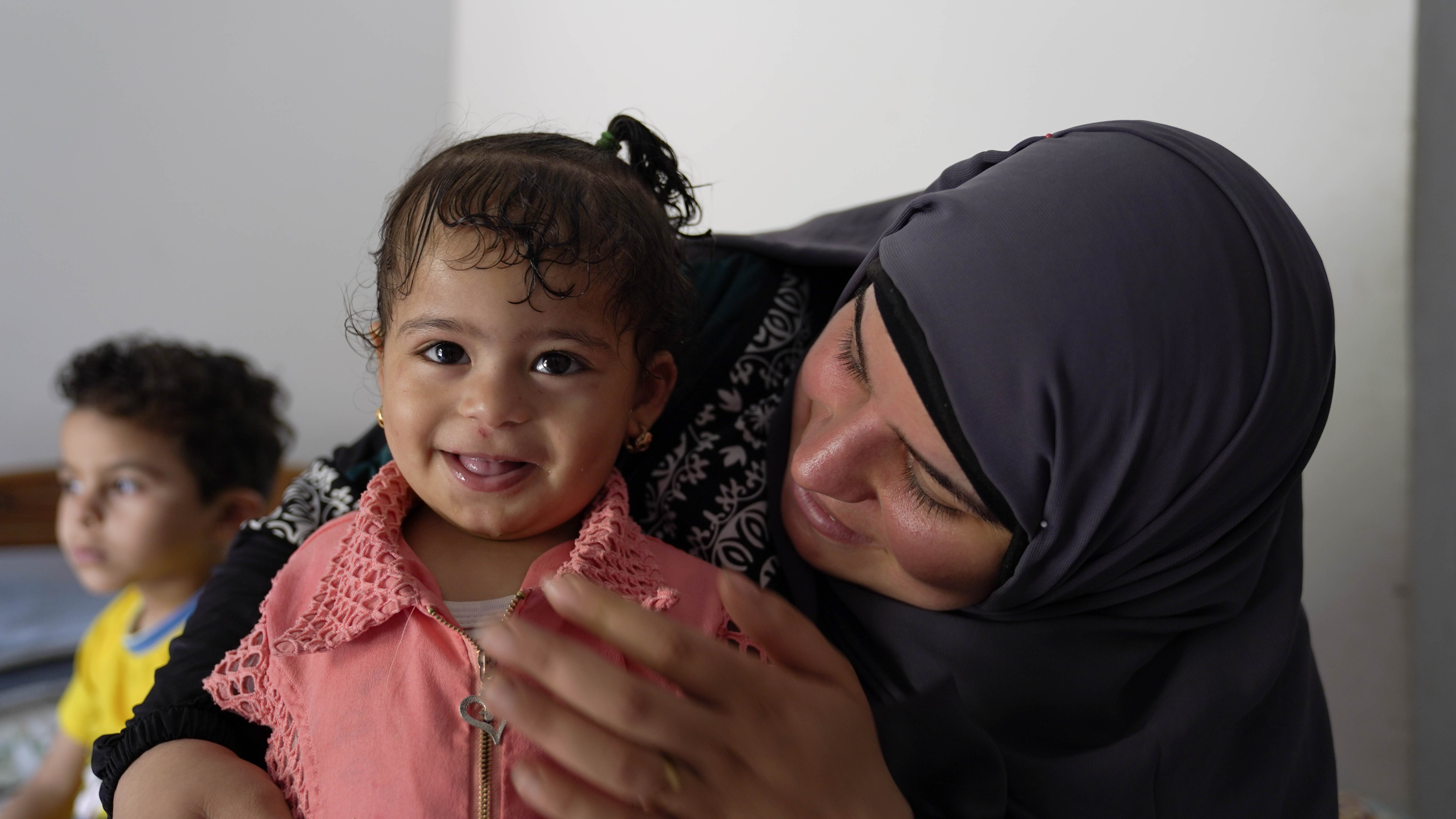
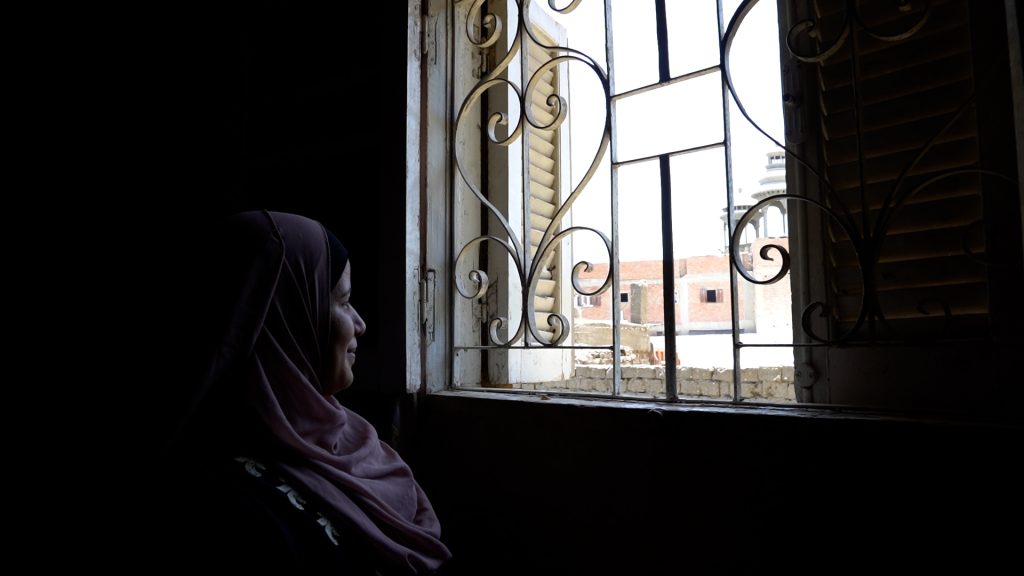
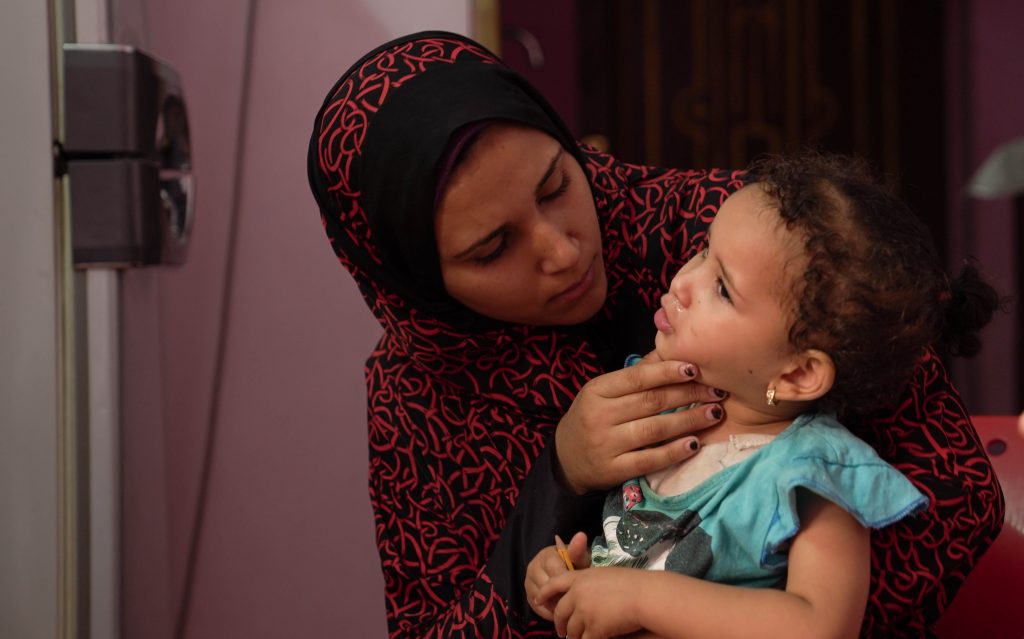


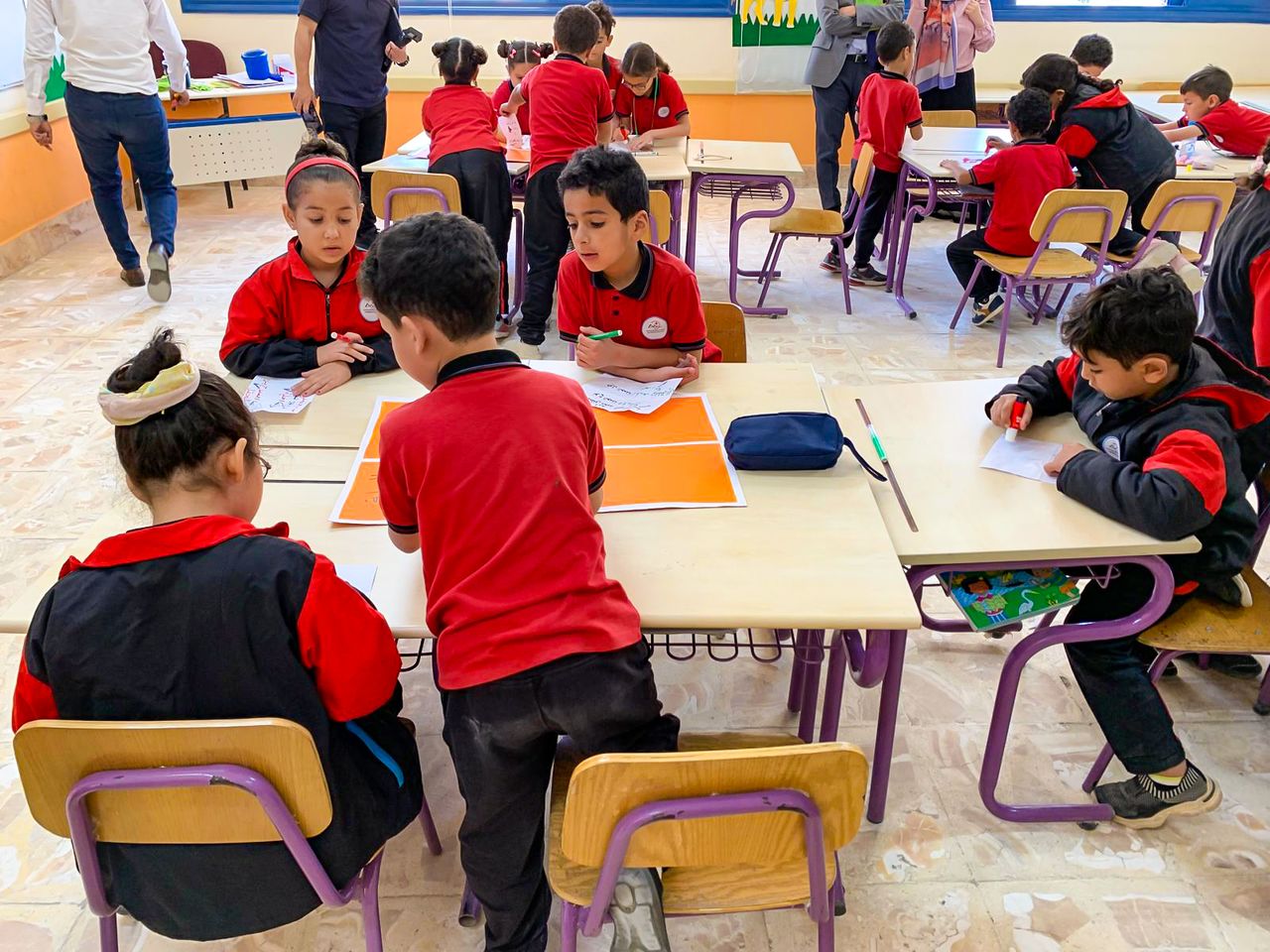
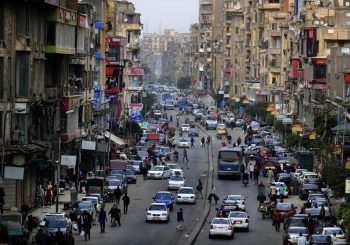
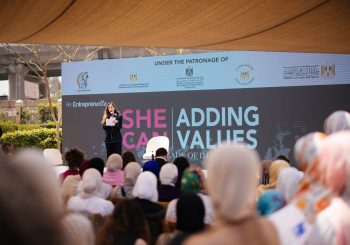

Comments (0)